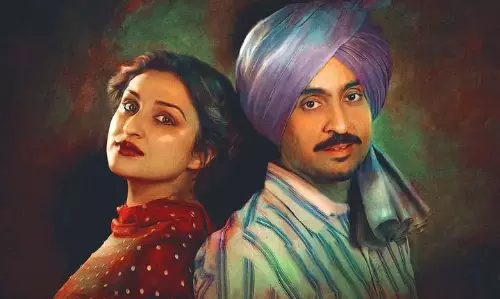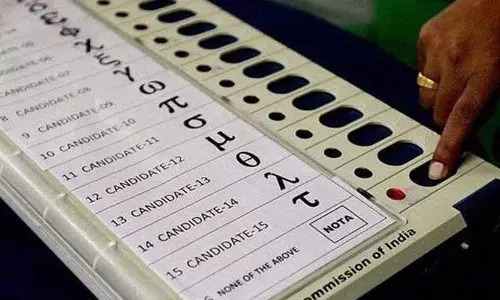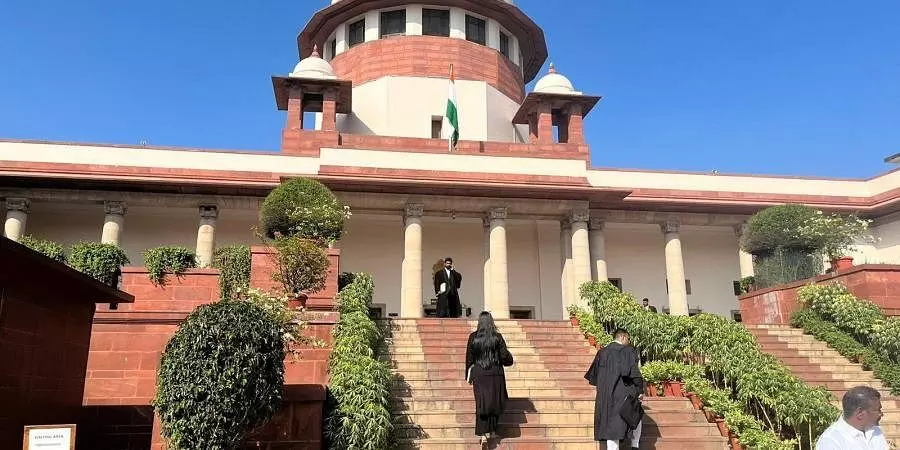
'Benefit of doubt': 3 rape convicts freed by Supreme Court
text_fieldsNew Delhi: The Supreme Court yesterday released three men who had been convicted of raping, torturing, and killing a 19-year-old woman in 2012. According to the Supreme Court, the men deserve "the benefit of the doubt" because the prosecution "failed to prove their case" against them.
In 2014, the trial court sentenced Ravi Kumar, Rahul, and Vinod to death after finding all three of them guilty. The Delhi High Court upheld the death penalty by comparing it to "predators" wandering the streets "hunting for victims."
The prosecution, however, failed to prove the charges against the three men "beyond a reasonable doubt," according to a Supreme Court panel chaired by Chief Justice UU Lalit, and the court functioned like a "passive umpire" in condemning them.
The Supreme Court stated, citing what it called "glaring lapses" in the trial, that the identification of the accused was not proven by the prosecution.
Ten of the 49 witnesses were not subjected to cross-examination during the trial, the court noted.
"Courts should strictly decide cases on merits in accordance with the law. Courts should not be influenced by any kind of outside moral pressures or otherwise," the Supreme Court said.
The other two judges on the panel were Justices Bela M. Trivedi and Ravindra Bhat, NDTV reported.
The incident occurred months before a 23-year-old student was gang-raped and killed by five men in Delhi, which resulted in massive protests, widespread outrage, and significant reforms to the legislation on sexual offences.
Days after being abducted in February 2012, the young woman's burned and mutilated body was discovered in a field in the Rewari region of Haryana. Her severe injuries indicated that she had been struck with car tools and earthen pots.
Investigations indicated that the woman had an alcohol bottle inserted into her private areas and that acid had been poured into her eyes.
The three requested a lesser punishment when they appealed the Delhi High Court decision to the Supreme Court.
The Delhi Police had argued in the Supreme Court against a death penalty reduction. They had claimed that not just the victim, but society as well had been the targets of the crime.
The defence of the defendants had argued for a lighter punishment by pointing to their age, family history, and prior criminal records.
The girl's parents said they were "broken" by the Supreme Court ruling when it was announced, but they vowed to press on with their legal battle."We came here for justice. This is a blind justice system."
























